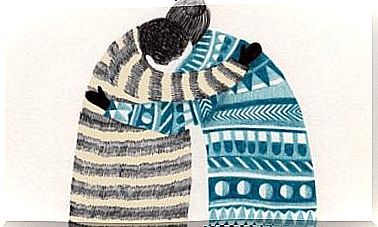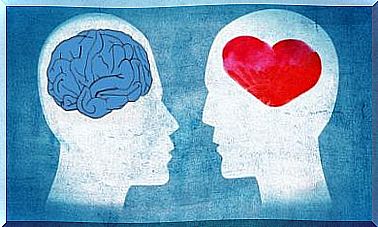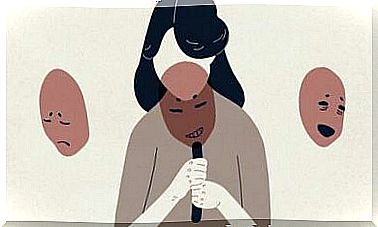The Use Of Cannabis: Myths And Truths
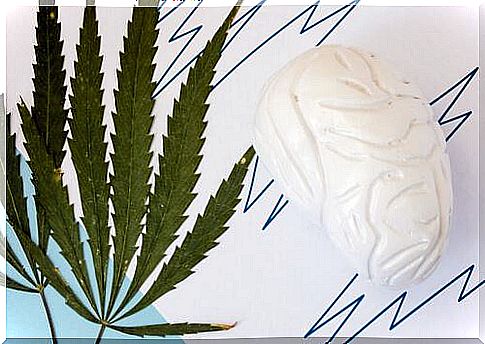
The use of cannabis, also known as marijuana, has continued to increase over the past decade. Despite the fact that cannabis is one of the most widely used drugs, many people still have misconceptions about the benefits and potential harm that can result from this habit. That means more and more people are using cannabis, but the same myths still exist about the effects of marijuana on the body. It is even more than that: There are not only extremely many, but also dangerous myths around this topic.
For this reason, in this article, we want to dispel some of the biggest myths and truths about marijuana use. We’ll look at some of the more common myths about cannabis use and its potential therapeutic benefits, as well as clarifying whether it is an addictive drug and whether it is beneficial for concentration and creativity.
Does cannabis use actually have a therapeutic effect?
Cannabis contains various cannabinoids, more than 100 to be precise. While the psychoactive effects of marijuana use are largely due to the cannabinoid THC, the strongest therapeutic potential can be found in the cannabinoid CBD. Cannabis should be consumed orally rather than smoking for therapeutic purposes, as the lung damage caused by smoking more than outweighs the therapeutic effect.
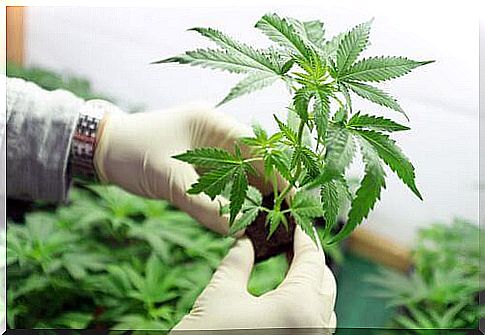
This means that when marijuana is consumed, several types of cannabinoids are ingested, the most famous cannabinoid sought after by marijuana users is the so-called 9-tetrahydrocannabinol, or THC. Even if the therapeutic effect is achieved through cannabidiol, also called CBD, it is neither necessary nor healthy to consume marijuana in order to enjoy it: There are certainly capsules, oils or solutions containing CBD that have the same therapeutic benefit .
“Drugs are the enemies of the future and of hope; so if we fight against them, we fight for the future. “
Bob Riley
Scientific studies have shown that CBD has therapeutic benefits. These include the following properties: anti-inflammatory, anti-emetic, anti-convulsive, anti-anxiety and anti-tumor properties. These are the most famous therapeutic effects of CBD, but as I said, it is not necessary to ingest CBD through the consumption of cannabis, as there are preparations that can achieve the same therapeutic effects by ingesting them.
Does cannabis use make you addicted? Is marijuana addictive?
The answer to all of these questions is clear: yes. The use of marijuana creates addiction because it is a psychoactive substance that alters the function of the cerebral enhancers (ventral tegmentum and nucleus accumbens). That cessation of marijuana use does not result in withdrawal symptoms with important signs and physical symptoms does not mean that it is not addictive. Cannabis is an addictive drug.
In addition, the signs and symptoms that are hallmarks of cannabis withdrawal syndrome have now been identified. The diagnostic criteria for this withdrawal syndrome according to the DSM-5 are:
A. Cannabis abstinence after heavy, long-term use (e.g. daily or almost daily use for several months)
B. Three or more of the following signs / symptoms within about a week of criterion A:
- Irritability, anger, or aggression
- Nervousness, anxiety
- restlessness
- gloomy mood
- Difficulty sleeping (insomnia, nightmares)
- Decreased appetite, weight loss
- Affected by at least one of the following symptoms: fever, chills, headache, sweating, shakiness / tremor, abdominal pain
C. The signs / symptoms from criterion B cause clinically significant disturbances or impairments in social, professional or other areas of life.
D. The signs / symptoms are not due to any other medical cause and cannot be better explained by any other mental disorder.
If someone shows symptoms like this after stopping using THC, we are dealing with cannabis withdrawal syndrome. It is the result of the cerebral changes after prolonged use of cannabis. In summary, we can say that marijuana is an addictive drug and can be addictive. While the use of this substance is legal in some countries, that does not mean that addiction is out of the question.

Marijuana is a natural substance and therefore cannabis consumption is not that harmful to our organism. Is this statement true?
This is a common myth, but one that scientific research has clearly refuted. The strongest negative consequences of marijuana use can be in the cognitive function of our brain s (memory, attention, thinking) and the immune system (the body’s defenses) watch. So there are two harmful consequences: neuropsychological problems and immunodeficiency.
As a result, the consumption of cannabis affects memory performance in the short and long term. It has also been shown that, in the long run, THC makes it difficult for us to absorb new information and focus. And all of this can be seen when comparing a group of people who regularly use marijuana to another group who do not use marijuana. All of them have the same age, gender, level of education and belong to the same cultural group.
“I think it would be better if fans would meditate instead of taking drugs.”
Ringo Starr
For the immune system, consuming marijuana also makes it less efficient. Technically, THC “depresses” the immune system, making us more susceptible to diseases of all kinds in the long run, including autoimmune and cancer diseases. We should also remember that nervousness and anxiety are common negative effects. These two factors also damage the immune system as it is closely related to our emotional state.
Even if it is a natural substance, it still has harmful effects on the organism and, moreover, the burning cannabis and the resulting carbon monoxide have negative consequences for the lungs when marijuana is smoked. In this case, this “natural substance” is by no means harmless.
Is there a connection between cannabis use and increased creativity?
The connection between marijuana and creativity is not easy to understand. On the one hand, it is true that inhibiting the frontal lobe – and the social boundaries within it – helps us be more creative. On the other hand, there are much more effective (and less dangerous) ways to increase creativity than resorting to marijuana. The intensive examination of the artistic field in which one works (painting, photography, cinema, music, etc.), as well as the exposure to artistic and novel stimuli increase creativity considerably.

Marijuana can make us more creative, but only in the short term, only under the effects of THC, and beyond that, it cannot fundamentally help us if we want creativity to bear fruit. Only one thing helps here: perseverance. Using cannabis can improve creativity, but it can also affect our ability to be persistent. Therefore we can come up with many new ideas under the influence of marijuana, but the process necessary for implementation is negatively influenced by the drug.
If one does choose to consume marijuana despite its harmful effects, it is very important to consider tips on how to use it responsibly, such as: For example, get precise information about what is smoked (type of plant, the amount of THC it contains, pesticides, added toxins, etc.), eat healthily, avoid physical activity and use cannabis before bed.
We should remember that a psychologist who specializes in the field of addictions can help us reduce or break the habit in a responsible way.




